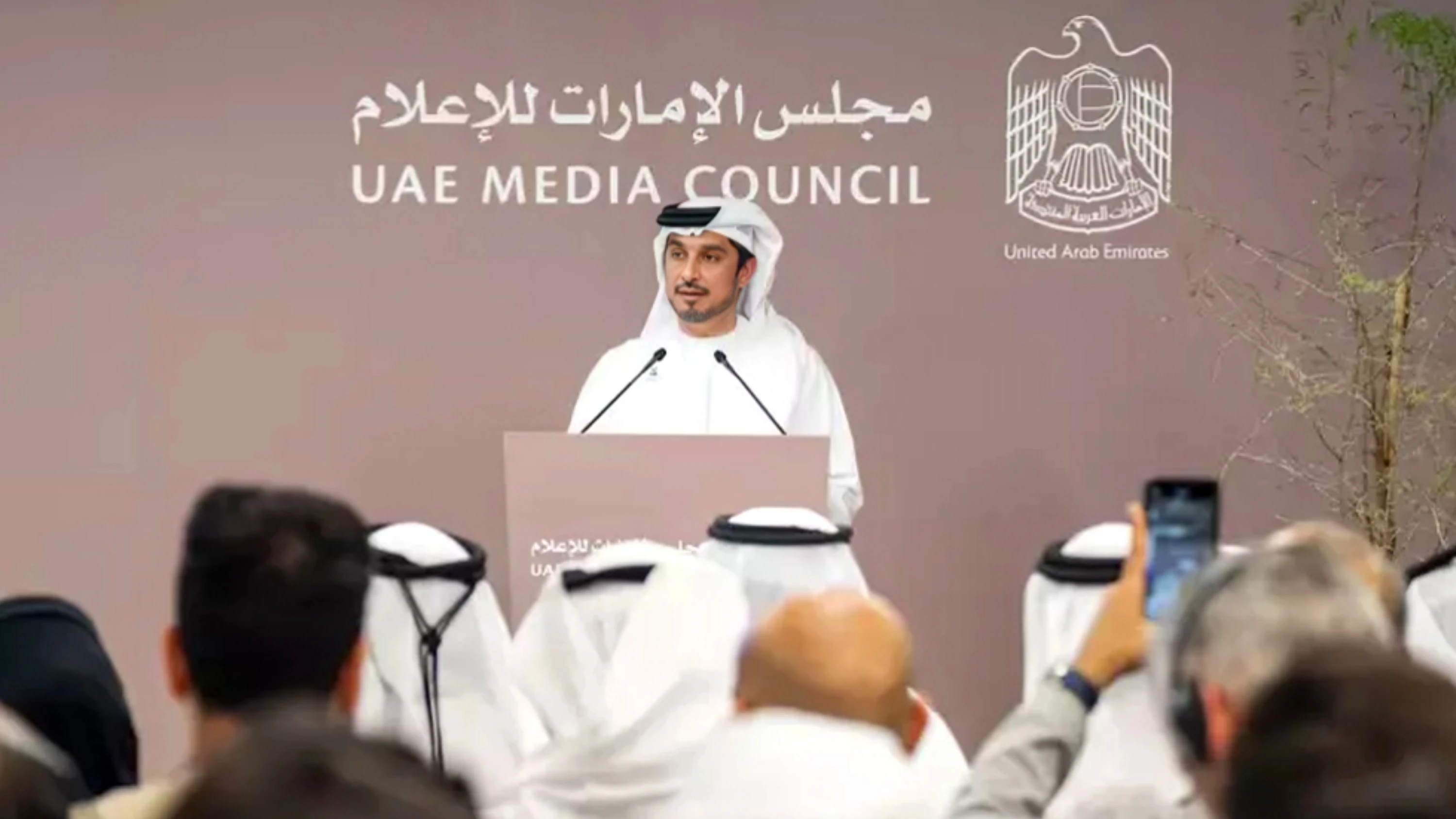Source Credit: Khaleej Times
DUBAI: As Ramadan 2025 commences, the United Arab Emirates (UAE) is implementing measures to support employees while maintaining workplace productivity. The holy month of Ramadan presents unique challenges for fasting employees.
Muslims in the UAE began fasting on March 1, marking the start of Ramadan, a sacred month observed through daily fasts from dawn to sunset. Dr. Hala Abdulkareem, Consultant Family Medicine at Burjeel Medical City, Abu Dhabi, explained, "Fasting can impact productivity, but research highlights both challenges and benefits, depending on adaptation and work habits. Temporary declines in working memory and attention span, often due to lower blood glucose levels, are most common in the first few days."
Fasting can initially lower workplace productivity by affecting energy levels, cognitive function, and emotional regulation. However, UAE doctors note that these effects are most pronounced in the early days of Ramadan, with most individuals adapting over time by establishing routines that minimize disruptions.
Despite initial fatigue, fasting does not significantly impair reaction time or mental alertness. Studies indicate that intermittent fasting, similar to Ramadan fasting, may improve brain function and neuroplasticity. Research suggests fasting enhances the production of brain-derived neurotrophic factor (BDNF), which supports learning and memory.
Doctors emphasize that while an afternoon energy dip is common, most workers perform well in the morning. Strategic adjustments such as tackling complex tasks earlier in the day, staying hydrated, and prioritizing nutrient-rich meals at suhoor and iftar can help maintain productivity.
Dr. Raga Sandhya Gandi, Specialist Psychiatry at Zulekha Hospital Dubai, advises, "Staying organized, creating a tailored routine, and managing tasks with an outcome-based approach can help maintain focus. Avoiding distractions, prioritizing rest, and adjusting work schedules can also boost efficiency." She suggests that employers support fasting employees by offering flexible hours, remote work options, and access to stress management resources.
Gradually reducing caffeine intake before Ramadan can help prevent withdrawal symptoms, while viewing fasting as an opportunity to strengthen mental resilience can shift perspectives.
Dr. Saima Khan, Specialist Family Medicine at Prime Medical Centre, Jumeirah, recommends, "Leverage peak energy levels in the morning for high-priority tasks, take short breaks to prevent fatigue, consume slow-digesting foods for sustained energy, and prioritize quality sleep. Light movement, deep breathing, and mindfulness can also improve concentration."
With strategic planning and workplace support, fasting can foster self-discipline, improved time management, and even enhanced mental clarity.








